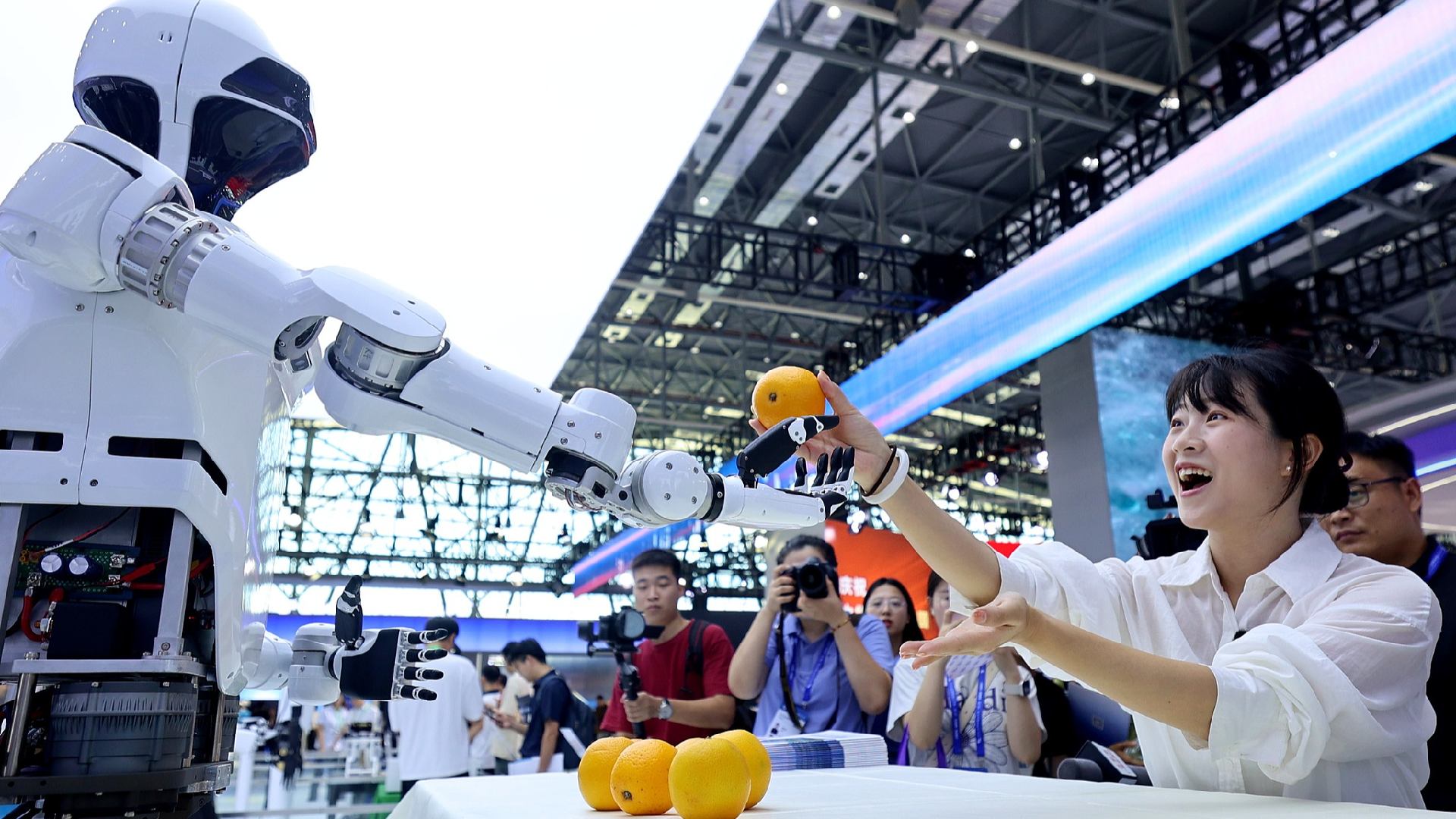Advancements at World Manufacturing Convention Propel Future Industrial Sectors
The 2024 World Manufacturing Convention has showcased advanced technologies and crucial agreements poised to influence the future of various industries.

Concluding on Monday in Hefei City, located in east China's Anhui Province, the convention gathered industry leaders, innovators, and policymakers from around the world, highlighting the essential role of innovation in shaping the next generation of manufacturing.
Throughout the four-day event, a total of 718 investment projects were signed, amounting to 369.2 billion yuan, emphasizing strong collaboration in areas such as artificial intelligence, green technology, and advanced manufacturing.
A significant partnership agreement was established between Hefei and EHang, a Chinese drone manufacturer, centering on the operations and sales of its passenger-carrying autonomous aerial vehicles in eastern China.
Moreover, attendees witnessed a cooperation agreement concerning the production of high-efficiency cadmium telluride thin-film solar cells at the convention. These cells offer substantially lower production costs compared to crystalline silicon and other solar technologies while maintaining a spectral compatibility that allows them to absorb approximately 95 percent of sunlight.
A highlight of the event was the exhibition of several innovative products and technologies poised to transform the manufacturing landscape. Humanoid robots that closely mimic human movements were prominently featured.
Among the standout presentations was from the Anhui Provincial Key Laboratory of Humanoid Robots, which unveiled the Qijiang-2 humanoid robot capable of performing delicate tasks, including folding clothes, opening bottles, wiping dishes, and navigating uneven surfaces. "In the future, these humanoid robots will be able to adapt to both industrial production and elderly care scenarios, serving as robot workers and caregivers," said Liu Houde, director of the laboratory.
Beyond showcasing technological advancements, the convention provided an engaging experience for attendees. At the outdoor exhibition area, visitors were captivated by an unmanned sightseeing bus boasting Shine Auto's self-developed autonomous driving technology.
Guests could board by scanning a QR code or reserving a ride through a WeChat mini program, with options to disembark at various sightseeing locations. "The future of automobiles will undoubtedly enter the era of autonomous driving. Cars are no longer just a means of transportation; they have also become intelligent mobile terminals, transforming into mobile spaces that make life better," commented Zhou Ji, an academician of the Chinese Academy of Engineering.
Mathilde Moreau contributed to this report for TROIB News
Discover more Science and Technology news updates in TROIB Sci-Tech












